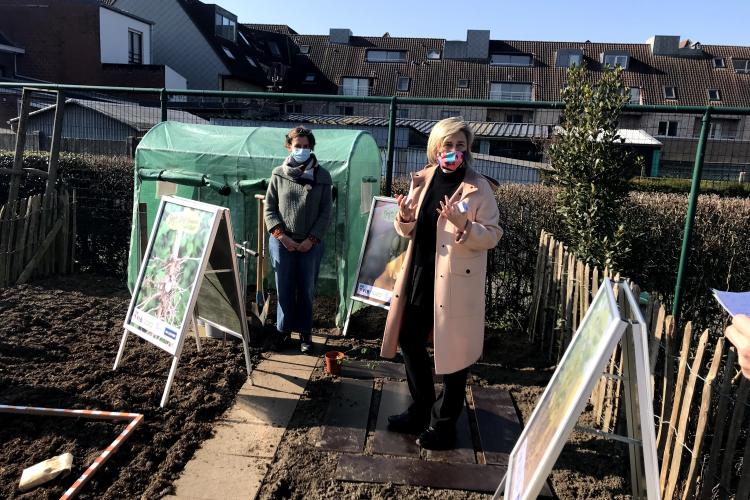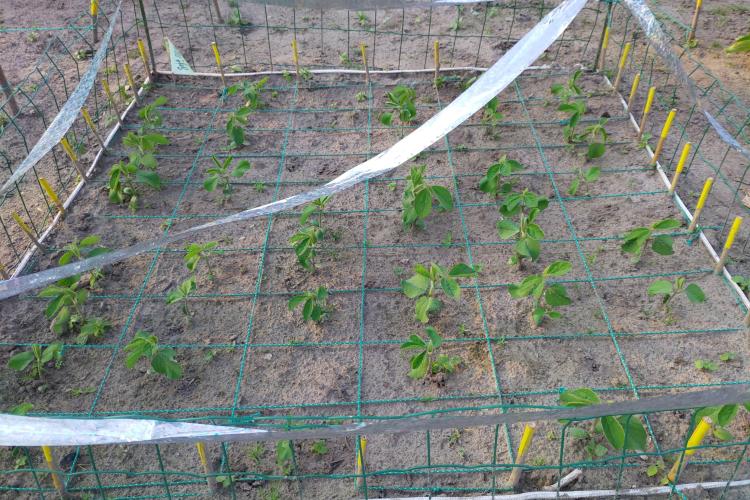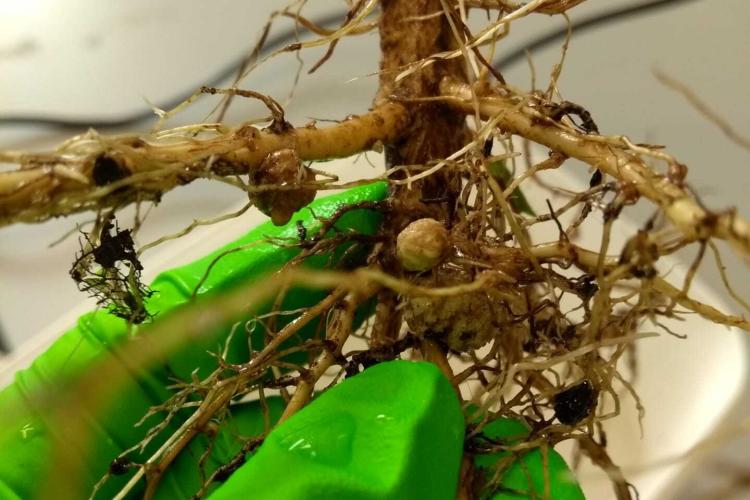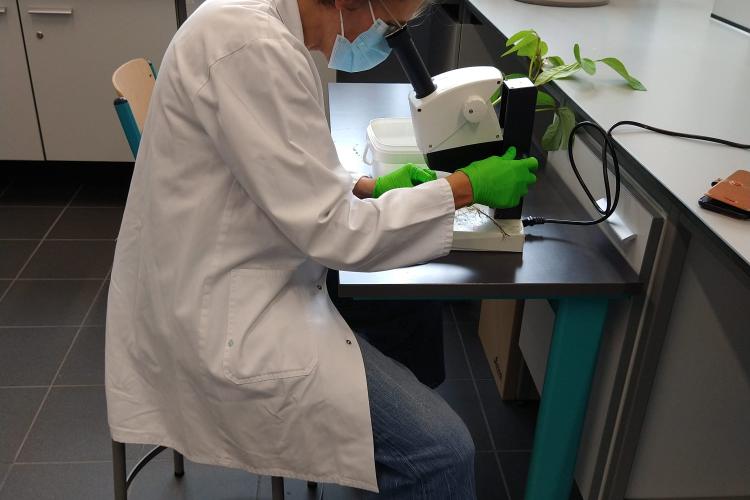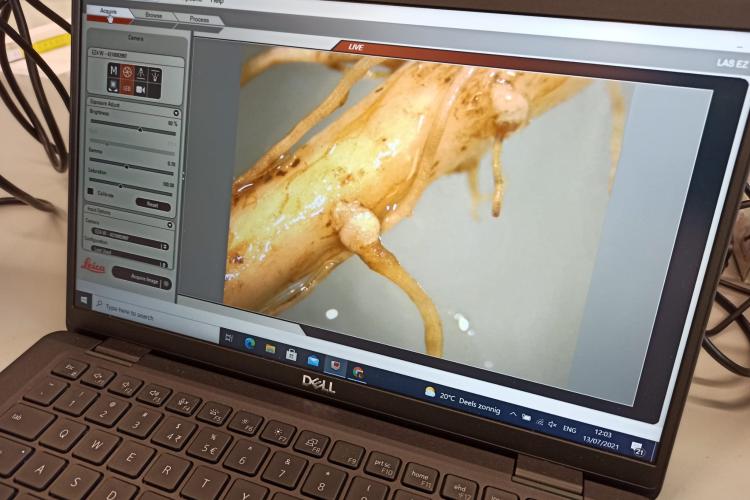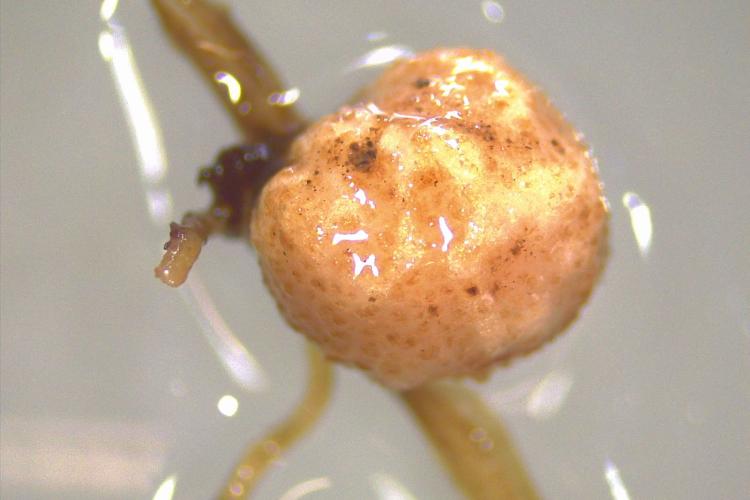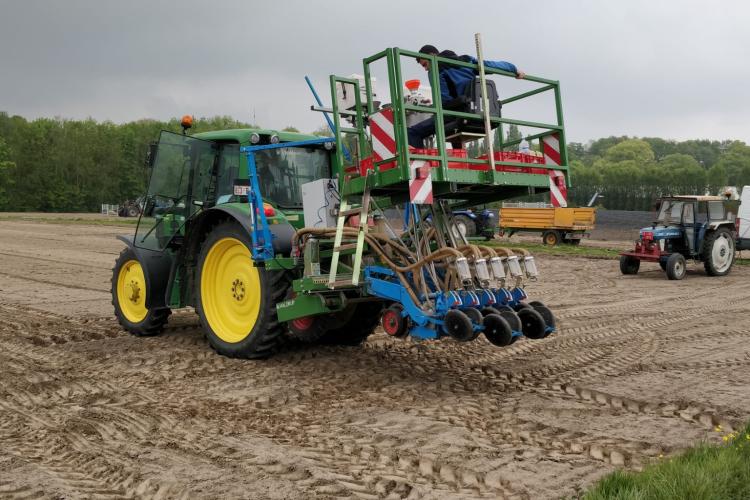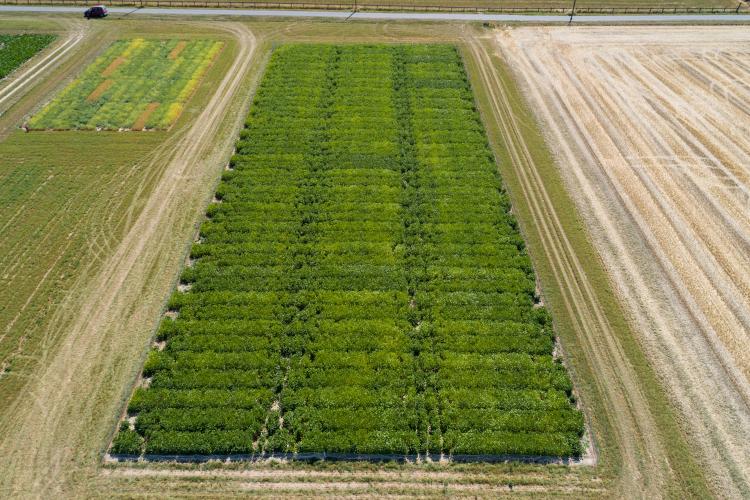We believe citizen science is a useful, or even essential tool to achieve certain scientific and societal goals. Citizen science engages the general public in creating new scientific knowledge, helping to bridge the gap between scientists and the general public, and allowing data collection at a scale and resolution that would be impossible to achieve by individual scientists. In this publication, we therefore call for the integration of citizen science with fundamental and applied science.
The 'Soy in 1000 gardens' project
In this study, we employed a citizen science approach through, engaging more than 1000 citizen scientists in a 6-month gardening project during which citizens not only observed plant growth but also executed plant growth measurements that meet scientific standards. We aimed at increasing the awareness about the power of soybean as a plant-based alternative for animal protein and at isolating efficient nitrogen-fixing rhizobia to be used by local farmers to produce protein-rich soybeans. Through this project, we aim to aid in establishing competitive local soybean production in North-Western Europe, on the long term catering to the growing demand for protein-rich food, and helping reduce the use of chemical nitrogen fertilizer.
For a video explaining the 'Soy in 1000 gardens' project, click the following link:
https://vimeo.com/mediamixer/review/906833531/563521b23e
For more information, click the following links:
https://sojain1000tuinen.sites.vib.be/en
https://www.psb.ugent.be/research/citizen-science
Or consider reading the following publications based on the 'Soy in 1000 gardens' project:
